The News-Hub/ Articles
Back to Articles
Recommended Articles
The Influence of Corruption on Plastic Pollution
As an environmental activist, Chai Jing, once said, “The strongest governments on the earth cannot clean up pollution by themselves. They must rely on each ordinary person, like you and me, on our choices, and our will.”
So, do you choose a pollution-free environment? And are you willing to do all that it takes to achieve it? Many governmental policies on waste management are often flouted by organizations and its citizens. The very people that are being protected by these policies, violate them. At the end we are left with water, soil, and air that is corrupted with micro and macro-plastics.
According to The Guardian, corruption has been reported in the plastic recycling industry in the UK. In 2018 the Environment Agency set up an investigation to tackle this issue, based on the many complaints that organized criminals and firms are manipulating the system. This is because there is a large industry, worth 50 million pounds, that takes care of exporting plastic packaging waste. The exporters earn money by charging manufacturers a tonnage rate for plastic waste recovery notes, also known as Perns. These are used as evidence to the government that a company has repurposed or reprocessed waste, basically demonstrating that they are contributing to a healthier environment. The problem with this is that these certificates are given out based on self-declarations by companies about how much waste they are exporting. Meaning that companies can record that they have repurposed more plastic than they actually have, in order to get the Perns. In fact, data analyzed by the Guardian in 2018 shows that British export firms recorded exports of 35,000 tonnes more plastic than actually left customs that year.
Due to this, China banned imports of British plastic waste. As a result, plastic waste exports to Turkey and the Netherlands have increased. Yet, these countries do not have the capacity to reprocess such large amounts of plastic waste. Due to the overflow of these plastics, they end up leaking into bodies of water. This waste trafficking benefits individuals and organizations and degrades the environment.
In developing countries, low GDP coupled with corruption makes it impossible to put recycling systems in place. To counter this, several counties have implemented plastic bans. According to a 2018 UN report, Africa has 34 bans and taxes in place concerning single-use plastics. However, some of these countries still struggle to control access to plastics due to corrupt government officials.
This article on Research Gate discusses the influence of corruption on plastic pollution. The document indicates that corruption control will decrease annual plastic waste by 28% by 2050. If the government tightens the belt on curtailing corruption, and if citizens embrace their individual responsibilities, we could save our waters from plastic sores. Fewer turtles, whales, fish, and sea birds will die of plastic pollution. There will be decreased bioaccumulation, thus better health for the human race. So let us take on individual responsibility in slaying this monster called corruption for the sake of our waters and our planet.
Empty content. Please select category to preview



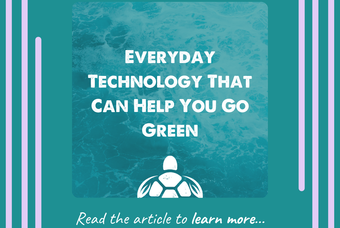
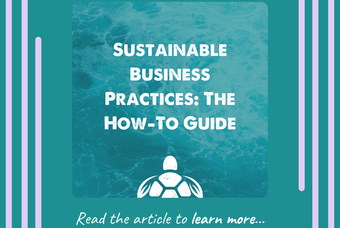
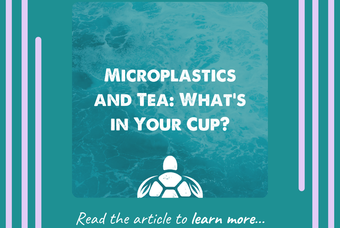
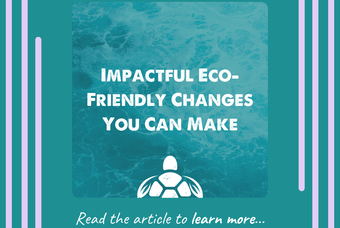
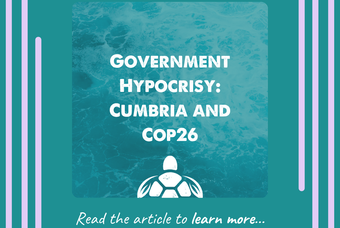
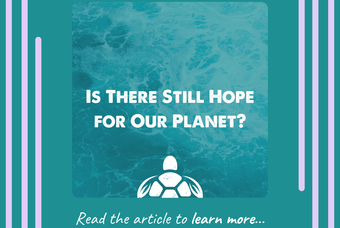
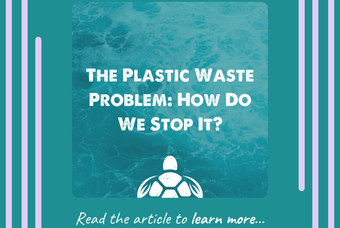
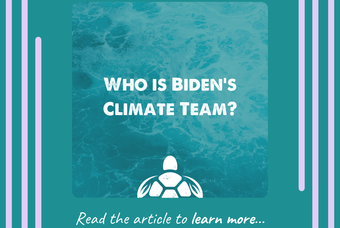
0 comments. Write a comment